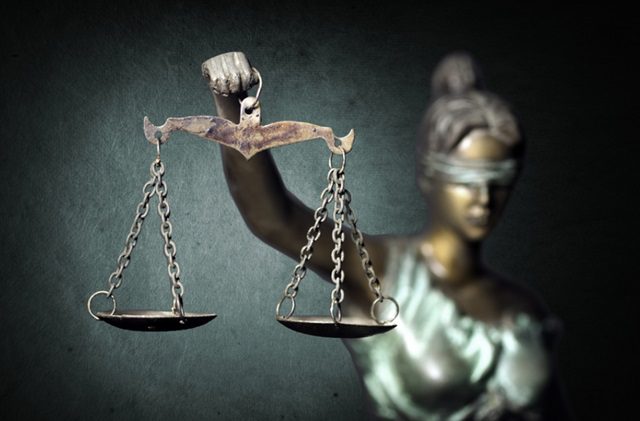BTN News: Senator Ricardo Monreal, head of the Senate’s Political Coordination Board, has emphasized the urgent need for judicial reform. His call comes after a judge’s decision that Monreal believes overstepped judicial boundaries, highlighting the necessity to set clear limits for judges, magistrates, and ministers.
Judicial Overreach Sparks Controversy
In a recent interview, Senator Monreal described the decision made by Judge Rodrigo de la Peza as a serious legal and constitutional mistake. The judge ordered the Electoral Tribunal of the Federal Judiciary to appoint two magistrates, a move Monreal sees as an overreach into legislative and executive domains.
“It is concerning what has happened, possibly stemming from judicial animosity towards the executive and legislative branches or the proposed reforms,” Monreal remarked.
Political and Legal Reactions
Monreal accused Judge de la Peza of exceeding his authority and infringing on the jurisdiction of other government branches. He advocates for the continuation of the political trial against the judge and suggests that the Electoral Tribunal should file a criminal complaint.
The Senator reminded the public that the Senate has filed an appeal to revoke the judge’s ruling, granted to a civil association. “They asked me to withdraw the appeal yesterday, but I refused. They need to correct their actions,” he asserted.
Monreal is confident that the judge will amend the decision, stating, “Such a severe interference and deviation from justice cannot be upheld.”
Steps Forward and Legal Implications
Monreal expressed his intent to take action, potentially initiating a procedure for constitutional violations. Once a political trial is underway, it will proceed to the Chamber of Deputies and then the Senate.
“This cannot be dismissed as a minor incident. Imagine how many actions are taken under the guise of district judges violating the Constitution and intruding into executive and legislative spheres daily,” Monreal emphasized.
He pointed out that political trials are initiated by the federal executive branch, via the Ministry of the Interior. “I don’t think they will back down,” he added.
Monreal explained that, according to the Constitution, the highest judicial body to resolve such matters is the Electoral Tribunal of the Federal Judiciary. “Neither a minister, the Supreme Court, nor a district judge can intervene in this jurisdiction.”
Calls for Comprehensive Reforms
Highlighting the Senate’s authority to appoint councilors, magistrates, and commissioners for autonomous bodies and constitutional courts, Monreal stressed that Judge de la Peza overstepped his boundaries. “I hope he acknowledges his mistake,” he said.
Monreal also mentioned that the judge previously served as a secretary to Minister Norma Piña and that his wife works in the health services of the Supreme Court of Justice of the Nation. “I hope this connection didn’t influence his significant legal and constitutional error,” Monreal commented.
Broader Legal System Reforms
On another note, Monreal noted that alongside judicial reform, there are discussions about reforming the justice system, including the General Prosecutor’s Office and state prosecutor’s offices.
“This is an ongoing topic because we will pursue anything that benefits justice administration,” Monreal noted.
He stated that debating the financial aspects of appointing magistrates, ministers, and judges is premature. “Approving the reform is the priority, and financial considerations will follow,” he explained.
“We must not rush. Everything will be clarified in due time,” he concluded. Monreal reassured that the reform aligns with the goals of republican austerity, as its ultimate aim is to overhaul and clean up the country’s justice system, a pursuit that justifies the investment.


